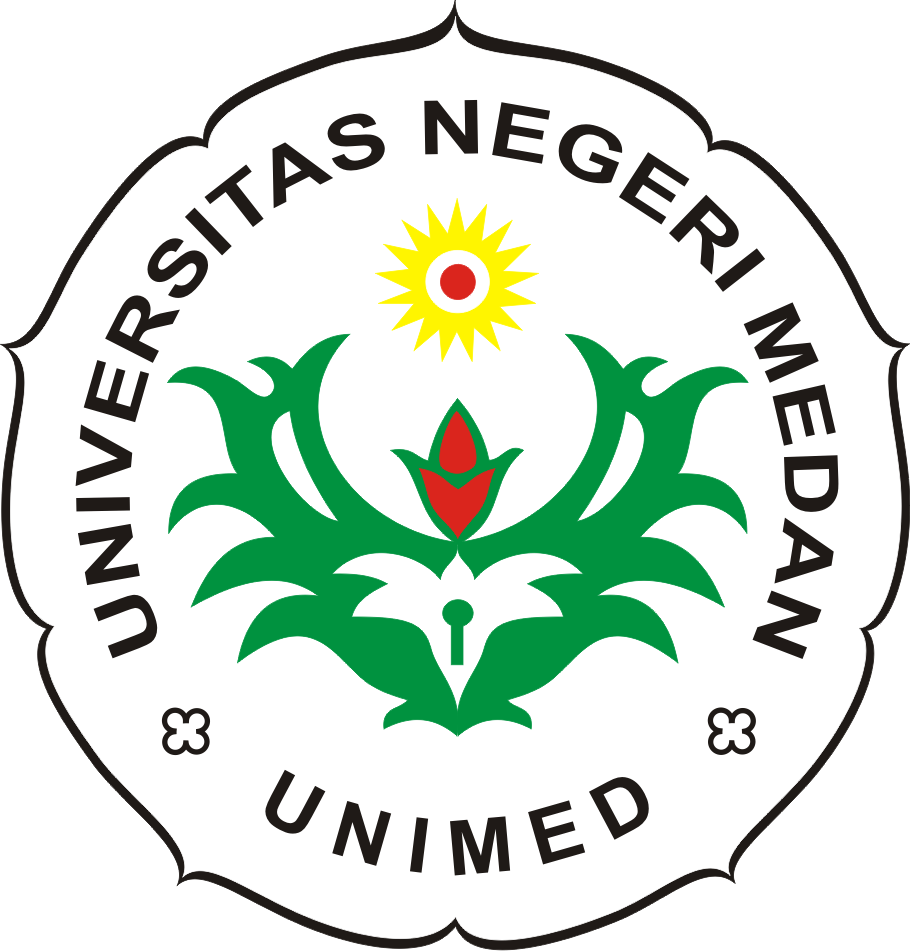TEACHER QUESTIONS IN SMK TUNAS JAYA TANAH JAWA
DOI:
https://doi.org/10.24114/reg.v7i1.9179Abstract
The study deals with teacher questions during teaching learning process in SMK Tunas Jaya Tanah Jawa. The objectives of the study were to find out the types of questions used classification of questions based on Richards and Lockhart, and to reveal the reasons of questions that English teacher asked in the classroom used Richards and Lockhart™s reasons why teacher asked questions. The design of the research was a descriptive-qualitative research. The data were the transcriptions of teaching learning process collected by recording the observation and interview. The result showed that teacher asked three types of questions; convergent questions, procedural questions and divergent questions. The reasons why teacher asked questions were (a) to check students™ understanding, (b) to encourage students to think and focus on the lesson, (c) to encourage students™ participation in a lesson, (d) to clarify what student has said, (e) to elicit particular structures and vocabulary items, and (f) to stimulate and maintain students™ interest. It could be concluded that teacher asked many questions during teaching learning process and it could be a good technique for classroom interactions but it would make students bored, if teacher didn™t prepare well all the questions. Teacher should be aware of asking question for the students to consider the question type, and the reasons why the question should be askedDownloads
Published
Issue
Section
License
Authors who publish with this journal agree with the following terms:
- Authors retain copyright and grant the journal right of first publication with the work simultaneously licensed under a Creative Commons Attribution License that allows others to share the work with an acknowledgment of the work's authorship and initial publication in this journal.
- Authors are able to enter into separate, additional contractual arrangements for the non-exclusive distribution of the journal's published version of the work (e.g., post it to an institutional repository or publish it in a book), with an acknowledgement of its initial publication in this journal.
- Authors are permitted and encouraged to post their work online (e.g., in institutional repositories or on their website) prior to and during the submission process, as it can lead to productive exchanges, as well as earlier and greater citation of published work (See The Effect of Open Access).
- This work is licensed under a Creative Commons Attribution-ShareAlike 4.0 International License.






